Foreign Affairs Minister Mélanie Joly has issued a direct warning to more than a dozen Indian diplomats remaining in Canada following the expulsion of six diplomats earlier this week. Joly’s statement comes in the wake of unprecedented allegations from the RCMP, which accused India’s government, its agents, and diplomats of being linked to violent criminal activities on Canadian soil. These alleged activities include coercion, extortion, and even death threats targeting Sikh separatists, particularly those aligned with the pro-Khalistan movement.
“They’re clearly on notice,” Joly said during a press conference, referring to the 15 Indian diplomats who remain in Canada. She confirmed that the expelled diplomats included high-ranking officials from Ottawa, Toronto, and Vancouver. “We won’t tolerate any diplomats that are in contravention of the Vienna Convention,” Joly added, signaling Canada’s firm stance on diplomatic compliance.
The explosive revelations were made public earlier this week when the RCMP accused India’s diplomats of engaging in clandestine operations, gathering intelligence, and collaborating with criminals in Canada to target Sikh separatists. The RCMP also disclosed that they had thwarted over a dozen credible and imminent threats against members of the South Asian community, marking this as the first time Canada has seen such an extensive level of foreign interference on its soil.
Joly’s comments further highlighted the gravity of the situation, noting that while other countries like Russia have engaged in similar activities in Europe, this scale of transnational repression is unprecedented in Canadian history. “We’ve never seen that in our history,” Joly emphasized. “That level of transnational repression cannot happen on Canadian soil.”
India has vehemently denied the accusations, rejecting claims that it collaborated with gangs to target Sikh separatists in Canada. Despite India’s denials, the fallout has led to a significant diplomatic rift between the two nations. Cameron MacKay, Canada’s former High Commissioner to India, stated that the Indian government’s actions have caused considerable damage to their international reputation. “Some very serious red lines have been crossed,” MacKay said in a televised interview, adding that it was a “fiasco on the part of the Indian government” to believe they could carry out such acts and evade consequences.
While relations between Canada and India are at an all-time low, MacKay noted that it would take a “good long while” before diplomatic relations could return to any semblance of normalcy. He reiterated that despite the strained ties, Canada remains open to rebuilding its relationship with India in the long term, noting the potential for collaboration between the two countries.
The allegations of India’s transnational repression have ignited broader political and public discussions in Canada. MPs from all political parties have agreed to launch a parliamentary investigation into the matter, with a focus on electoral interference and criminal activities linked to Indian agents. NDP MP Alistair MacGregor introduced a motion for the National Security and Intelligence Committee of Parliamentarians (NSICOP) to investigate the allegations. The committee will hold at least six meetings, calling ministers, national security experts, and community leaders to testify.
This latest diplomatic fallout comes on the heels of ongoing controversies surrounding foreign interference in Canada, with Prime Minister Justin Trudeau recently testifying at a public inquiry into foreign meddling. Trudeau claimed to have seen intelligence suggesting members of all political parties, including Conservatives, were at risk of foreign interference. This disclosure has led to further tensions between the government and opposition parties, particularly over the need for heightened security clearances for party leaders to access sensitive intelligence.
As Canada grapples with these high-stakes allegations, Joly’s firm warning to Indian diplomats is clear: any further violations of international law or actions that put Canadian lives at risk will not be tolerated. With a parliamentary investigation now in motion and growing scrutiny over foreign influence in Canada, the coming weeks may shed further light on the extent of India’s activities in the country and the broader implications for Canadian-Indian relations.
In the meantime, Canada’s actions have set a strong precedent for defending national sovereignty and protecting vulnerable communities from external threats, marking a significant moment in the country’s diplomatic and security history.


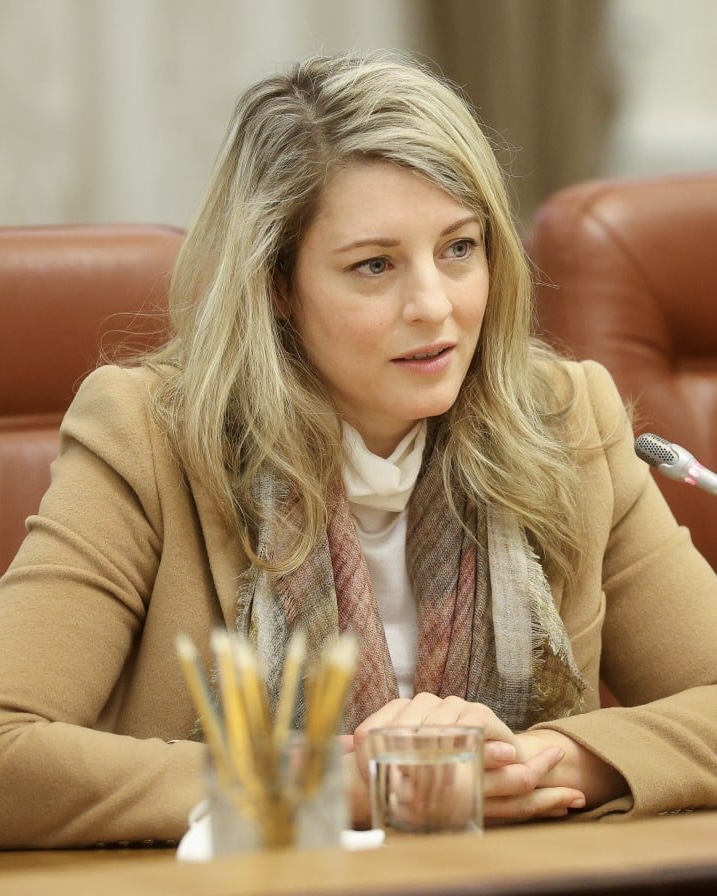




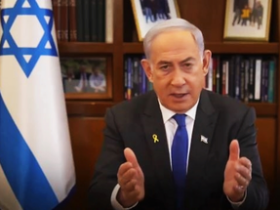
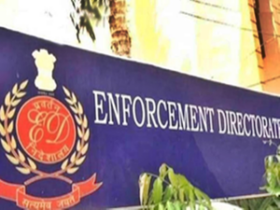
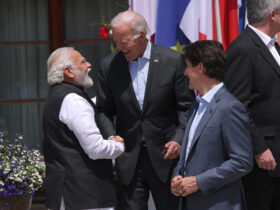
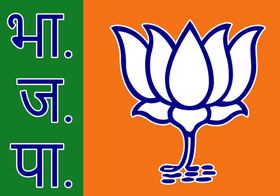
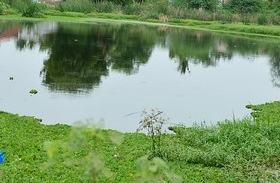
Leave a Reply